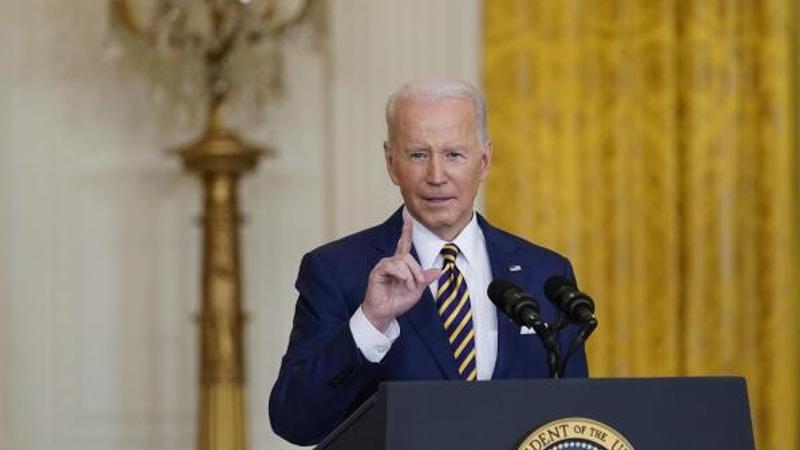Published 13:45 IST, December 30th 2024
Art Of The 2025 Deal Will Be PostBidenism
Strategists at Morgan Stanley are predicting a roughly 50% pickup in M&A activity in 2025, double the 2024 growth rate.

Merger renaissance. The man credited with writing “The Art of the Deal” is turning out to be more muse than creator. With his return to the White House, Donald Trump will help inspire a fresh wave of corporate mergers already primed by lower borrowing costs, surging stock markets, growing confidence and itchy buyout firms. Strategists at Morgan Stanley are predicting a roughly 50% pickup in M&A activity in 2025, double the 2024 growth rate. The promise of a laxer regulatory regime invites fresh perspective on old ideas, and Breakingviews is ready with a gallery of transactions to showcase the aesthetic of postBidenism.
Rivian Automotive paints part of the picture. The Tesla rival faces nagging supply snarls and weakening demand for electric vehicles. Trump’s plans to slash regulations and end subsidies for consumers will also take a toll on a company with some $10 billion in losses expected through 2027, according to Visible Alpha. Boss RJ Scaringe already secured a $5 billion lifeline through a partnership with Volkswagen, but selling to the German carmaker is shaping up to be his best bet.
Exxon Mobil, meanwhile, will cater to Trump’s preferred medium: oil. For now, the energy titan led by Darren Woods is battling rival Chevron over its $53 billion takeover of Hess because of the prized Guyana offshore field that’s involved. There’s more to save than just legal fees by merging instead. Exxon and Chevron toyed with the idea of combining in 2020, when the cost savings might have been worth more than $20 billion. Consolidation makes sense in an increasingly taboo industry awash with crude, and the idea of a national champion created under his watch might suit the president-elect.

Comcast boss Brian Roberts has struggled to sketch out new deals of late. A friendlier Federal Communications Commission will enable him to revisit the 2015 idea of swallowing up Time Warner Cable, which he abandoned over the fear of trustbusters, allowing John Malone’s Charter Communications to buy it instead. Luckily, the cable cowboy now wants to simplify his empire. For Roberts, using the same logic as in previous estimates, a combination would lead to synergies worth $35 billion. It’ll be a tempting transaction under the TV-watcher-in-chief.
Even Google owner Alphabet will be emboldened. The company is fighting off the U.S. government’s attempts to break it up and Trump’s trustbusters may only be slightly more open to the idea of Big Tech getting bigger. Nevertheless, the web search giant as recently as 2024 considered buying marketing software developer HubSpot and held talks to acquire cybersecurity startup Wiz, either of which would have been the biggest deal in its history. Wiz might even represent a sort of regulatory détente, with the government deeming that Google’s pursuit of additional safeguards against hackers mitigate concerns about its dominance elsewhere.
Trump himself looks at Washington as something of a blank canvas. He already has Tesla boss Elon Musk on the hunt for sweeping cost cuts across the bureaucracy. And since mergers are prime ways to reduce expenses, uniting the Securities and Exchange Commission, which has a $2.1 billion annual budget and roughly 5,000 staffers, with the smaller Commodity Futures Trading Commission would make financial and strategic sense, eliminating an anachronistic redundancy and aligning the United States with other countries that police derivatives and stocks under one roof. Tedious turf battles, like the one over which agency has jurisdiction over cryptocurrencies, would come to an end in a master stroke.
Updated 13:45 IST, December 30th 2024
